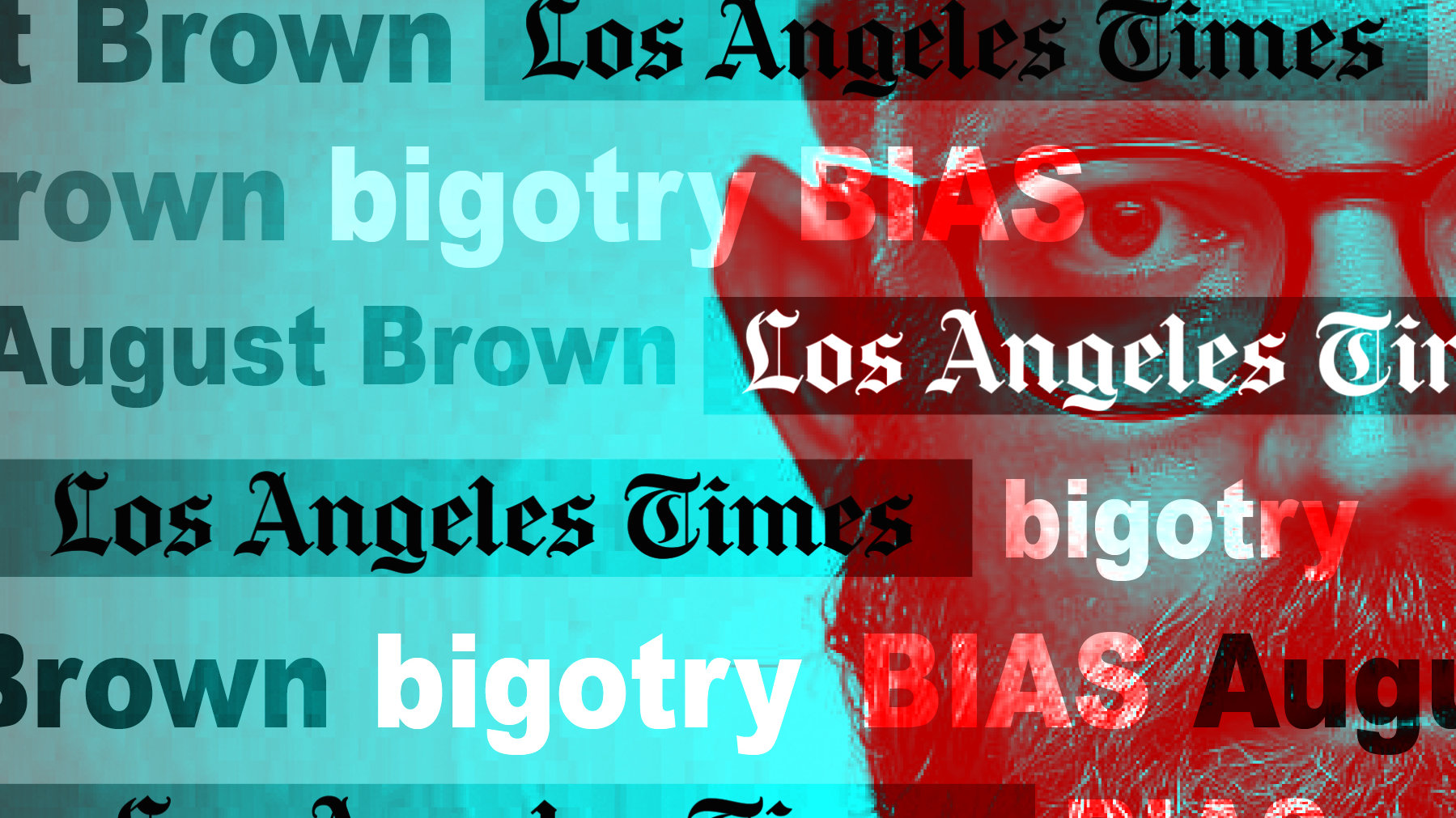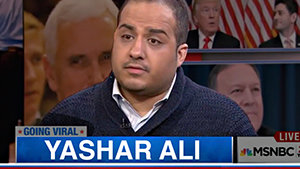
-
HOME
-
WHAT IS STANDOur Mission Our Values Our Help Contact
-
WHAT WE FIGHT FORReligious Freedom Religious Literacy Equality & Human Rights Inclusion & Respect Free Speech Responsible Journalism Corporate Accountability
-
RESOURCESExpert Studies Landmark Decisions White Papers FAQs David Miscavige Religious Freedom Resource Center Freedom of Religion & Human Rights Topic Index Priest-Penitent Privilege Islamophobia
-
HATE MONITORBiased Media Propagandists Hatemongers False Experts Hate Monitor Blog
-
NEWSROOMNews Media Watch Videos Blog
-
TAKE ACTIONCombat Hate & Discrimination Champion Freedom of Religion Demand Accountability
Houses of Worship Plagued by “Zoombombing”
On March 27, an Impact Movement black campus ministry’s virtual worship service was interrupted by chants of “God is dead!” and “N****r! N****r!” On the screen, footage rolled of the New Zealand mosque shootings in 2019.
“They were snickering, they started drawing red marks for blood,” recalled Jimmy McGee, Impact Movement president, who was leading the meeting. “Then they started calling out by our names. By that time we realized we couldn’t control the Zoom call. So we abandoned the meeting. When we got on our next call, they hacked right back in and started playing pornographic pictures.”

The activity, called “zoombombing,” is the act of hacking into an ongoing meeting or conference with offensive images and abusive language, often laced with threats. Since the Impact Movement incident, the practice has become so frequent that the FBI issued a warning for anyone using video-teleconferencing technology that they had received multiple reports of conferences being disrupted by pornographic or hate images and threatening language.
“Every new advance in communication technology can bring out both the best and the worst in us.”
The targets have overwhelmingly been minorities. A rabbi found his online study group interrupted by images of Mein Kampf accompanied by chants of “Hitler did nothing wrong” and “Heil Hitler.”
Evidence is mounting that offenders are organized and becoming more efficient at hacking and targeting. The New York Times reported finding over 150 Instagram accounts, some with names like “Zoomattack” and “Zoomraid” where nearly 30,000 followers can find Zoom meeting codes in order to coordinate raids of password-protected videoconferences. Other platforms such as Twitter, Reddit and 8Chan have also been used by the haters, with one private chat room attracting over 2,000 people.
“Every new advance in communication technology can bring out both the best and the worst in us,” said STAND International Director Edward Parkin. “But despite the attempts of a few to bring about fear in the many, we must nevertheless persevere in bringing people together in the name of faith and help.”






